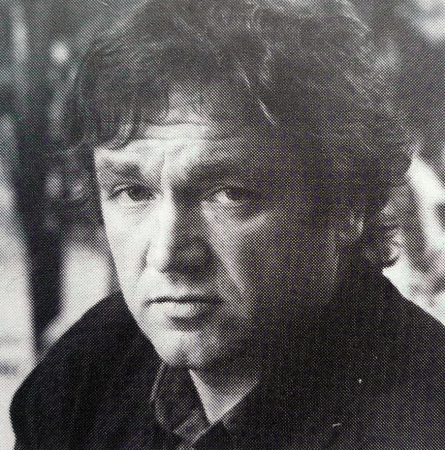Werner Durth

Prize winner
Not only can Werner Durth lay claim to be one of the first, but also someone who has made transparent the “biographic interrelationships” between German architects of our century using a very special and decidedly independent method.
For example, how architects were already beginning to replan German cities even during the collapsing Nazi regime, unburdened by the least moral considerations, and how, subsequently, during the early phase of German reconstruction, they were able to rapidly establish themselves, all of this is knowledge wrought against obstruction, for which we have to thank above all Werner Durth. He is a moralist – and I mean this in a positive sense. His thirst for knowledge is neither devoted to the traditional nor bourgeois intellectual notion of the “good, true and beautiful”, but to the architectural political responsibility to which the said architects were exposed as well as their reactions to such a challenge.
For this reason it is quite logical that Durth has turned to the objectified results of such biographic behaviours in architectural historiographic terms in a second step following the research into the personal fates. In this manner, Durth has delivered an analytical model for architectural historiography on the basis of his interdisciplinary research, that, while being especially focused on the German situation, his clearly formulated moral engagement can be transposed to other European contexts in its method as well as in its form.
- Laudation Vittorio Magnano Lampugnani ~21 KB | pdf
- Werner Durth